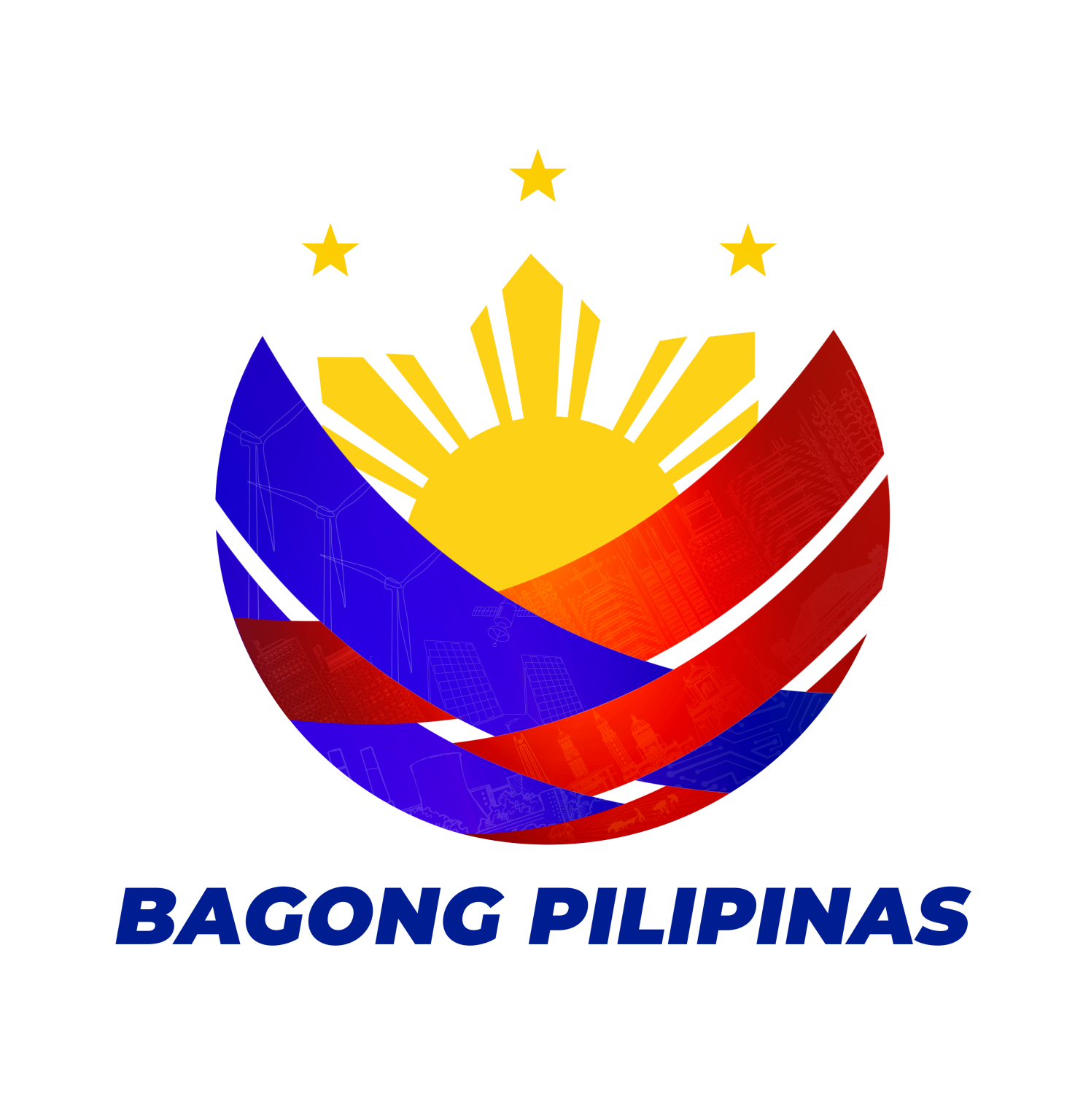Pursuant to the Presidential Proclamation No. 60, the Department has prepared several activities to celebrate the annual observance of the National Family Week. This year’s theme, “Pamilyang Pilipino: Pagtugon sa Nagbabagong Pananaw at Panahon” encapsulates the idea of ever-changing dynamics of a family that values inclusivity, respect, and adaptability in Filipino homes. As such, the continue reading : DSWD celebrates Family Week
DSWD provides 8M livelihood grant to IP 4Ps members
ZAMBOANGA DEL NORTE—The Department of Social Welfare and Development Field Office IX (DSWD 9) has disbursed a total of Php 8,010,000.00 Capital Assistance Grant to members of the Pantawid Pamilyang Pilipino Program (4Ps) that belong to the Indigenous Peoples (IP) group. This grant amounting to Php 15,000 per family serves as a starting capital for continue reading : DSWD provides 8M livelihood grant to IP 4Ps members
4Ps assessment targets improvement
The Pantawid Pamilyang Pilipino Program (4Ps) recently conducted the annual assessment of its beneficiaries known as the Social Welfare and Development Indicator (SWDI) assessment. This aims to determine the social and economic wellbeing of the family-beneficiaries to be able to provide appropriate interventions needed. Annually, the 4Ps field implementers facilitate the assessment in accordance to continue reading : 4Ps assessment targets improvement
DSWD visits partner-agencies to discuss 4Ps concerns
The Institutional Partnership Division (IPD), under the Pantawid Pamilyang Pilipino Program (4Ps), continues to strengthen its partnership with national government agencies for a collaborative approach to poverty alleviation. As practiced, it has been observed that the collaboration of efforts yields to an improved level of wellbeing of the 4Ps beneficiaries thus enabling them to escape continue reading : DSWD visits partner-agencies to discuss 4Ps concerns
Benes gather for 4Ps 4-yr law implementation
ZAMBOANGA CITY -100 beneficiaries of the country’s conditional cash transfer program, the Pantawid Pamilyang Pilipino Program (4Ps) in the city gathered at Terracotta Hotel in Barangay Tumaga to celebrate the anniversary of the Republic Act 11310 or the 4Ps Act. The celebration is dubbed as 4Ps Act-nniversary featuring the 4-year accomplishments of the program since continue reading : Benes gather for 4Ps 4-yr law implementation
Zambo Sibugay bags top ranks in Gulayan Competition
Annually, the Social Marketing Unit collaborates with the Pantawid Pamilyang Pilipino Program to promote its activities as part of the empowering endeavours of the program to its beneficiaries. This year, a few activities are lined up towards achieving such goal in advocating behavioural change among the household-beneficiaries, one of which is the practice of maintaining continue reading : Zambo Sibugay bags top ranks in Gulayan Competition
Multi-sector groups hold “We Care” to benefit poor
ZAMBOANGA PENINSULA—More than a thousand poor families in Zamboanga City received social services from the Convergence Caravan held last June 10 in barangay Vitali. The activity, dubbed as “We Care”, was spearheaded by the DSWD through the initiative of the 4Ps Provincial Operations Office of Zamboanga City and Isabela City in collaboration with various government continue reading : Multi-sector groups hold “We Care” to benefit poor
Sibuco identified as poorest LGU in Zamboanga Peninsula based on its latest poverty magnitude released by Listahanan
ZAMBOANGA CITY – The Department of Social Welfare and Development (DSWD) Field Office 9 through the Listahanan project identified the Municipality of Sibuco, Zamboanga del Norte as the poorest local government unit (LGU) in Region 9 with a poverty magnitude of 91.41%, based on the household assessment conducted in 2019 which aimed to identify the continue reading : Sibuco identified as poorest LGU in Zamboanga Peninsula based on its latest poverty magnitude released by Listahanan



You must be logged in to post a comment.